
Are Tinubu and His Supporters Fueling Ethnic Divisions That Could Push Nigeria Toward Civil War?
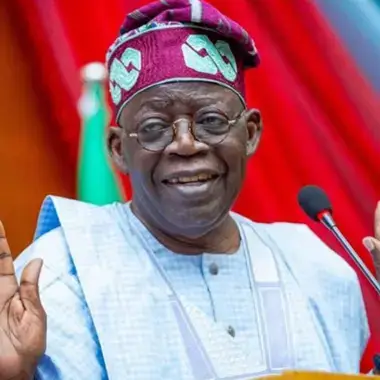
Nigeria is currently navigating a volatile political landscape, with President Bola Tinubu’s regime at the centre of ethnic favouritism and policies that are deepening tribal divisions, raising concerns about the potential for a “civil war”. There is a troubling pattern of ethnic favouritism, regional insensitivity, and cross-border meddling under Tinubu’s leadership, which is stoking tribalism both within Nigeria and beyond.
Since assuming office, Tinubu has been criticised for concentrating power and key government positions in the hands of individuals from his Yoruba ethnic group or political loyalists from the South-West, at the expense of national diversity. This concentration of power is seen in critical security and economic roles, including the Chief of Army Staff, the Inspector General of the Police, the Customs Comptroller General, the Immigration Comptroller General, and the EFCC chairman, all reportedly from one tribe.
The Central Bank Governor, Finance Minister, and Minister of Solid Minerals are also members of his tribe, further solidifying control over the economy. This appointment strategy has isolated entire regions, particularly the South-East, which already feels politically marginalised and excluded with little federal presence or investment. This sense of alienation fuels separatist sentiments and reinforces dangerous stereotypes.
When these concerns are raised, the government’s response has been silence, deflection, or accusations of “politicising governance”. Senator Shehu Sani, a former lawmaker, has warned Tinubu against repeating past governments’ “tribal favouritism” and urged him to see power as an opportunity to serve, not to please his own people.
The 2023 presidential and gubernatorial elections in Lagos were marked by significant anti-Igbo sentiment, known as Igbophobia, which peaked during the gubernatorial election. This sentiment was fueled by the emergence of Peter Obi, an Igbo, as the Labour Party’s presidential flagbearer, and his victory over Tinubu in Lagos, traditionally an APC stronghold.
During the gubernatorial election, Igbo people were identified, beaten, and warned not to vote, based on the belief that they supported Gbadebo Rhodes-Vivour, the Labour Party’s gubernatorial candidate. Before the presidential election, Igbo voters were explicitly warned to vote for the APC or face dire consequences. A party thug, MC Oluomo, was even recorded on video making such threats inside a polling booth.
The Oba of Lagos, Rilwan Akiolu, had issued a similar threat in 2015, warning that anyone, especially Igbos, who failed to vote for the APC governorship candidate would “perish in the lagoon”. Further intensifying these tensions, Bayo Onanuga, the Director of Media and Publicity for the APC Presidential Campaign Council, tweeted a warning to “Igbo interference in Lagos politics,” declaring, “Lagos is Yoruba land. Mind your business”.
On the eve of the gubernatorial election, a primary Igbo spare parts market in Lagos was reportedly burned down, and an armed militia was deployed, leading to voters being macheted and beaten, and elections allegedly stolen at gunpoint. Following the elections, a campaign of terror was reportedly mounted against the Igbo people and those perceived to be Igbo in Lagos.
More than two years after those elections, the hostility has not subsided. Tinubu’s supporters, alongside influential voices within his political base, are accused of still fuelling tribal tensions on social media. The persistence of this rhetoric long after the elections shows how tribalism is being normalised in public discourse, hardening ethnic tension in Nigeria rather than allowing reconciliation.
The current administration’s ethnocentric policies are not only creating domestic divisions but are also being exported to regional politics. Nigeria, under the Tinubu regime, is accused of using identity-based diplomacy to advance its influence across West Africa.
Tinubu’s leadership of ECOWAS in threatening military intervention in Niger after the July 2023 coup is aligned with Western interests and fueled their withdrawal from ECOWAS, intensifying ethno-cultural divides. This approach, characterised by threats and sanctions, contrasts with traditional norms of regional non-interference, reducing trust among Francophone neighbours.
Tribalism has long been Nigeria’s “Achilles’ heel”, exploited by various regimes to divide the populace. The current normalisation of ethnocentric governance, cloaked in nationalism and sold as political pragmatism, risks further weakening national unity, reducing confidence in federal institutions, and increasing ethnic militancy and communal violence. Some politicians, traditional leaders, and religious leaders are also accused of fanning the flames of hatred. The current situation bears a resemblance to historical and regional conflicts fueled by ethnic strife.
Nigeria’s past civil war is a potent reminder. Across Africa, tribalism has brought countries to the brink of civil war, as seen in Kenya’s 2007-08 post-election violence. The Central African Republic was reported to be on the verge of genocide due to militia violence and ethnic cleansing. In Sudan’s West Darfur, ethnic violence has led to thousands killed and a full-blown civil war.
There is a need to abandon ethnic consolidation in favour of a pan-Nigerian identity, as the presidency is not a tribal crown. Consistency in moral and political critique is essential, regardless of who is in power. Tribalism, even the colourful ones like Tinubu’s, deepens divides, and if left unchecked, these divisions could lead to severe and regrettable consequences for the nation.
Read More:
- Former Niger Minister Ibrahim Yacoubou Questioned Over Alleged Human Sacrifice Case
- Nigeria’s Tobi Amusan Wins Silver In 100m Hurdles At World Championships
About The Author
2 Comments
Leave a Reply Cancel reply
Related Articles
Trump’s Greenland Threat Forces Europe to Taste the Logic of Western Colonial Power
It rarely begins with soldiers. More often, it begins with a sentence,...
ByWest Africa WeeklyJanuary 21, 2026Surviving Poverty Through Pollution: A Day in the Life of Adamawa Bola Boys
Before leaving Lagos, I was sure that I had left behind memories like...
ByBankole Taiwo JamesNovember 20, 2025The Nobel Peace Prize: A Weapon of Western Hegemony
From Dynamite to Diplomacy, the Birth of a Paradox Alfred Nobel, the...
ByAbdirahman Mohamed AhmedOctober 13, 2025Everything You Know About Africa Might Be a Lie: The Scripted Continent and How the West Engineered Its Story Before It Happened
What if the negative perceptions surrounding Africa are not simply organic but...
ByWest Africa WeeklySeptember 20, 2025



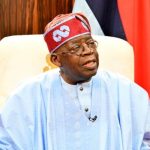

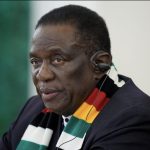


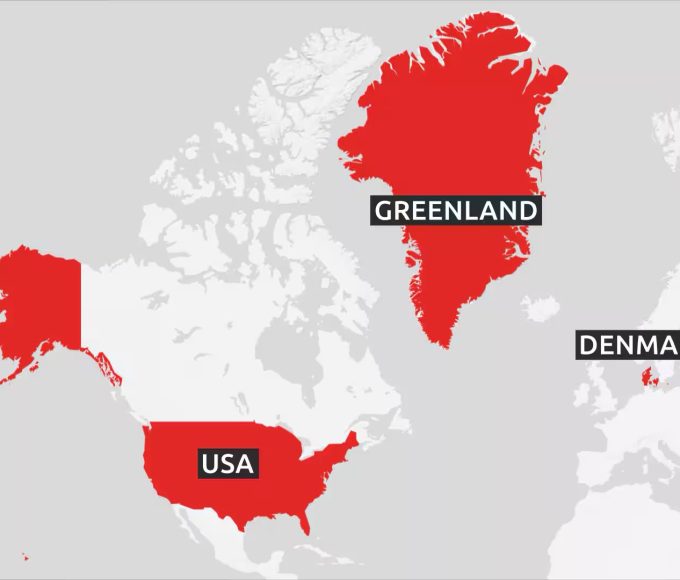
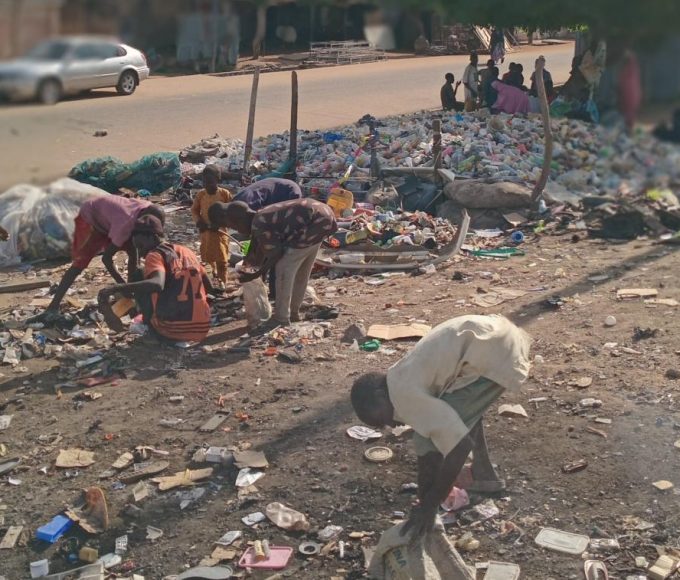

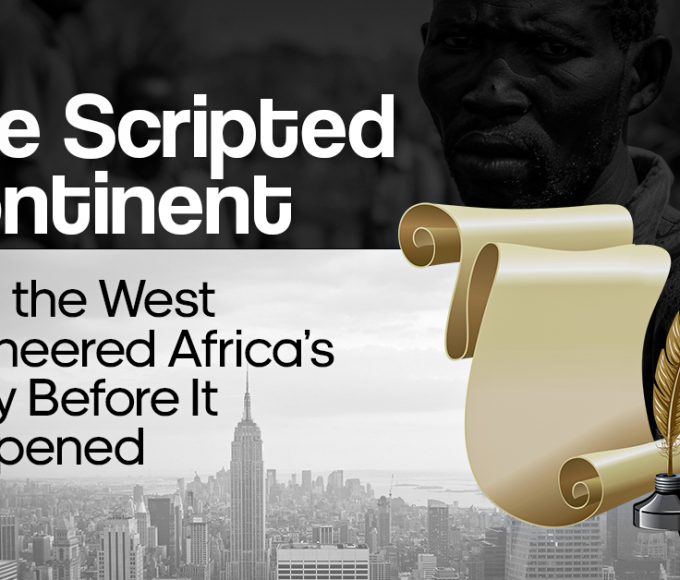
It’s either you are a formal mad man or recent one not to know that your write up speaks to your bigotry.
Because he wrote the truth, the Tinubu regime is a Yoruba power regime , an anti Nigeria regime